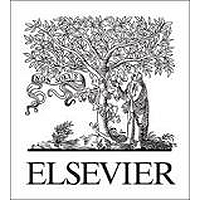The development of oncolytic viruses has recently made great progress towards being available to cancer patients. With the breakthrough into clinics, it is crucial to analyze the existing clinical experience and use it as a basis for treatment improvements. Here, we report clinical data from 290 patients treated with oncolytic adenovirus. Using clinical variables and treatment characteristics, we constructed statistical models with regard to treatment response and overall survival (OS). Additionally, we investigated effects of neutralizing antibodies, tumor burden, and peripheral blood leucocyte counts on these outcomes. We found the absence of liver metastases to correlate with an improved rate of disease control (P = 0.021). In multivariate evaluation, patients treated with viruses coding for immunostimulatory granulocyte macrophage colony-stimulating factor were linked to better prognosis (hazard ratio (HR) 0.378, P < 0.001), as well as women with any cancer type (HR 0.694, P = 0.017). In multivariate analysis for imaging response, patients treated via intraperitoneal injection were more likely to achieve disease control (odds ratio (OR) 3.246, P = 0.027). Patients with low neutrophil-to-lymphocyte ratio before treatment had significantly longer OS (P < 0.001). These findings could explain some of the variation seen in treatment outcomes after virotherapy. Furthermore, the results offer hypotheses for treatment optimization and patient selection in oncolytic adenovirus immunotherapy.

Predictive and Prognostic Clinical Variables in Cancer Patients Treated With Adenoviral Oncolytic Immunotherapy
Review badges
0 pre-pub reviews
0 post-pub reviews

